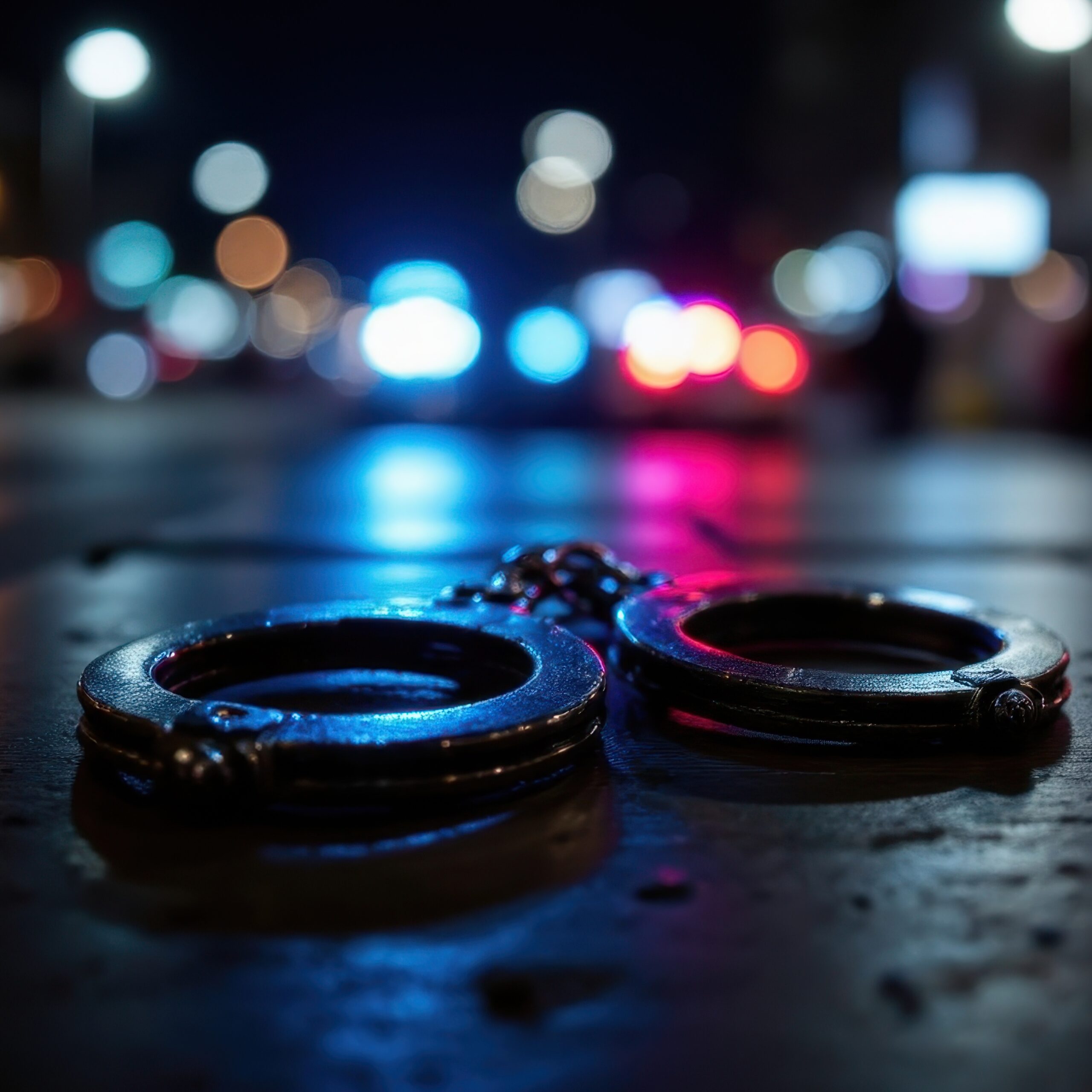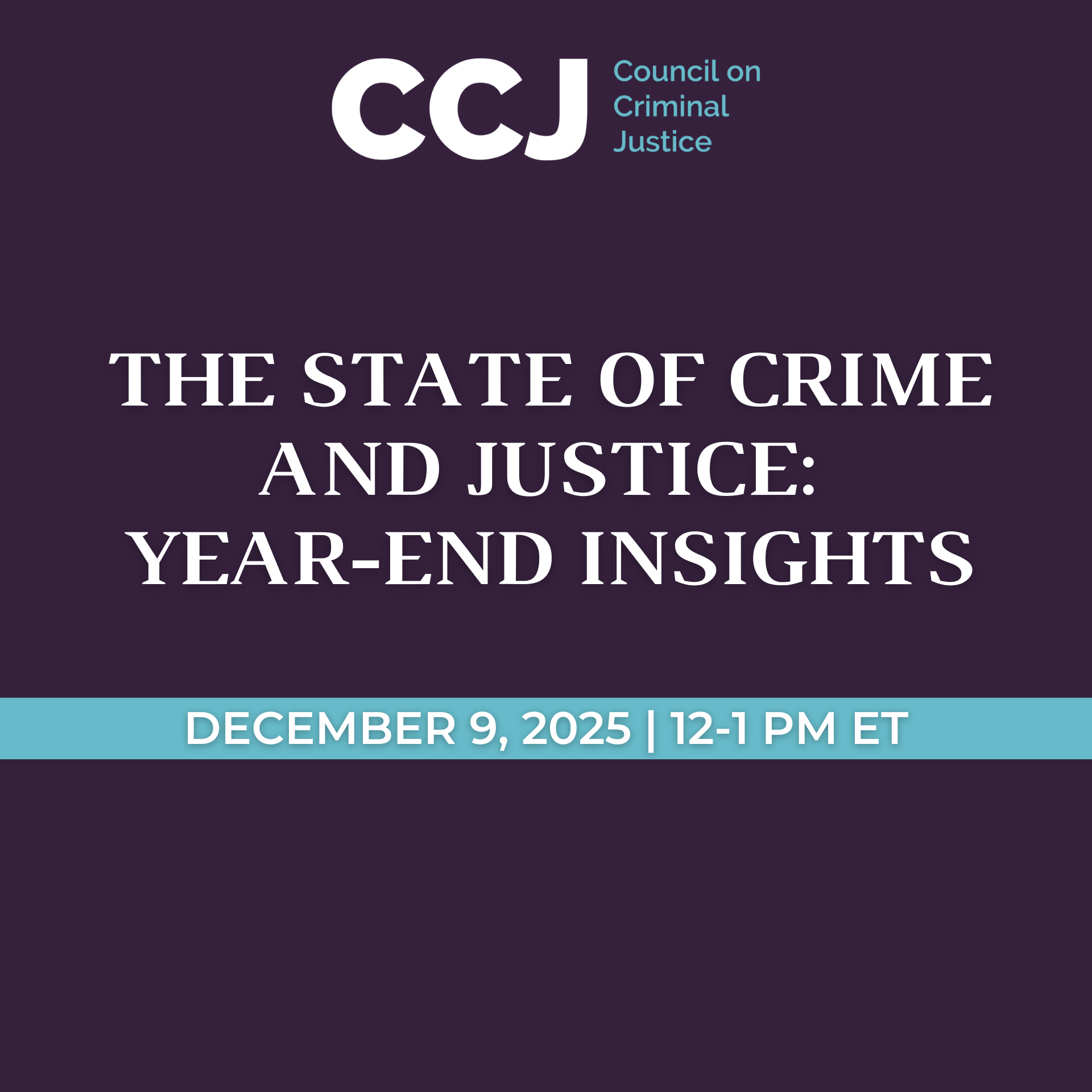Facing COVID-19, a series of Council on Criminal Justice web events, features leaders on the front lines of protecting public safety, public health, and justice as the criminal justice system responds to the coronavirus pandemic. Facing COVID-19 in the Community took place on May 12, 2020.
Featured Speakers
Rep. Bobby Scott – D-VA3
Eddie Bocanegra – Senior Director, READI Chicago
Ellen Donnarumma – Vice President for Justice Services, Community Resources for Justice
Samra Haider – Executive Director for Programs & Chief Strategy Officer, Center for Employment Opportunities
Kris Steele – Executive Director, TEEM (The Education and Employment Ministry)
John Tilley (moderator) – CCJ Senior Fellow, five-term state legislator, and former Kentucky Justice Cabinet Secretary
Summary
Each year approximately 600,000 people are released from prison and rejoin society, where they confront an array of daunting barriers. Finding a job and securing housing are two of the biggest obstacles – and both have become tougher in the time of COVID-19.
Community organizations that help returning citizens rebuild their lives are modifying their practices, reordering priorities, and forging new partnerships to support people leaving prisons and jails during the pandemic, but it isn’t easy.
“With COVID-19, anybody who says it’s business as usual right now is lying,” said Eddie Bocanegra of READI Chicago, a nonprofit that provides employment combined with cognitive behavioral therapy, skill-building, and other support to people at high risk of becoming involved in gun violence.
Bocanegra, a member of the Council on Criminal Justice (CCJ) Board of Trustees, joined four other panelists who shared their experiences during a CCJ web conference designed to explore how the pandemic is affecting people reentering society and the organizations that help them.
Participants said that while warranted, the expedited jail and prison releases caused by fears of COVID-19’s rapid spread have not been met with a commensurate increase in community support services.
Panelists also reported that because of safety concerns related to COVID-19, some standard practices used to monitor people in programs, such as drug testing, had been suspended. In some jurisdictions, the routine arrests of those who commit technical violations of supervision rules are on hold as well – with no obvious effect on crime rates, panelists said.
Addressing the financial strain faced by people reentering society, program providers agreed that, like millions of other Americans, those leaving incarceration should receive economic assistance checks under future relief packages approved by Congress.
“We need to make sure that economic assistance during this crisis does not bypass the very communities who need it most,” said panelist Rep. Bobby Scott (D-VA3), whose Relaunching America’s Workforce Act includes $350 million for other reentry support.
The May 12, 2020 discussion was the fourth in a series of web-based events CCJ is convening to explore the impacts of COVID-19 on criminal justice and leaders in the field.
Key Takeaways
Expedited Releases Strain Resources, Leave Some Reentering Individuals Without Options
Since the early days of the COVID-19 pandemic, advocates have pushed federal, state, and local officials to curb the spread of infection inside jails and prisons by reducing incarcerated populations. Many jurisdictions have cut their jail numbers through diversion, the establishment of zero cash bail, and other measures, while a much smaller number of states have authorized expedited releases or reduced new admissions. Panelists say such releases, while important, have not been accompanied by increased support for community reentry services.
HAIDER: “We need to figure out a way to ensure that as we release more people into the community, that response is met with the same investment in reentry and support. There’s a bit of a mismatch right now. So in a place like Philadelphia, you’re seeing a 25% increase in people released from jail, yet the city understandably has had to make some serious budget cuts. We’re talking huge numbers here – huge cuts and huge numbers of people coming home. We need to determine how to support the providers on the ground in an environment where even more people are being released and have even more critical needs for reentry support.”
DONNARUMMA: “One thing I’ve been struck by is that within this environment of trying to safely move as many [incarcerated] folks home as possible, we’re left with a lot people, particularly in our residential reentry centers, who don’t have anywhere to go. They are with us in the community now, finishing their sentences, but they can’t go home because they have nowhere to go. That poses a whole different series of complications both for the operation of the centers and individuals.”
BOCANEGRA: “With the people we serve, 80% are couch surfing. In the beginning, it wasn’t a big problem, but now they’ve been in a 700 square foot apartment for quite awhile, and they’re struggling. We’re seeing increases in domestic violence, people getting kicked out of their housing, food scarcity. It’s a whole range of problems and addressing all that remotely is a challenge. This idea of virtual learning, or virtual programming, it’s not for everyone. And it has been a huge learning curve for us and our partners.”
People Leaving Incarceration Should Get Economic Impact Payments, Other Financial Help
The economic stimulus package passed by Congress is providing most Americans with checks of up to $1,200, a move designed to help stabilize families amid widespread job losses and other economic stresses triggered by the pandemic. Incarcerated individuals are excluded, but some federal lawmakers negotiating the next relief bill, including Rep. Scott, want to extend payments to those scheduled for release or freed by emergency order. Similar efforts are underway to ensure formerly incarcerated people receive small business loans authorized by the Coronavirus Aid, Relief, and Economic Security (CARES) Act.
SCOTT: “April job losses showed us the depths of this crisis, with unemployment reaching Great Depression levels. Individuals returning home from jails and prisons will be in competition with an even larger pool of people for even fewer jobs, making it even more difficult than usual. And having a criminal conviction makes it much more difficult … We need to make sure that economic assistance during this crisis does not bypass the very communities who need it most.”
STEELE: “We need to make sure that people who have been incarcerated are also eligible for that stimulus check. It is so important that we not leave anyone behind. But in Oklahoma, much of that check would have to go to pay a person’s legal fees, fines, and court costs that have been assessed because they have been impacted by the justice system. And that just seems counterintuitive to me. We need to exercise some flexibility in terms of the amount of financial burden that is placed on the backs of vulnerable individuals who, at this moment in time, are struggling to either maintain or gain employment and maybe facing eviction from housing.”
HAIDER: “Given the resource constraints in states and local governments, we’re very concerned about working with the federal government to ensure that federal funding will include support for returning citizens. Even before COVID-19, we had difficulty accessing these funding streams for people coming home. Now, with so many people needing economic relief, we want to make sure returning citizens aren’t left out and are supported as members of the community.”
Some Programs Suspend Drug Testing, Other Standard Practices
Social distancing and other virus-related safety measures have led to changes in some routine practices employed by community service providers and supervision agencies. With government buildings closed, check-ins at probation and parole offices have been suspended in many jurisdictions, and drug testing has been limited to high-risk cases. In addition, to limit incarcerated populations, some agencies have stopped arresting people for technical violations of supervision rules.
DONNARUMMA: “We have worked with our partners at the Bureau of Prisons, who have been extraordinarily flexible and helpful through this, on ways to reduce some of the hand-to-hand supervision activities that we typically use every day in our reentry centers, things like breathalyzers or urinalysis [drug] monitoring. The idea was not to do away with those things completely, but to reduce them to a level that provides less exposure for staff and residents during a health crisis. I’m hopeful that we will come out of this knowing that we can do less of those kinds of things and still have good outcomes, and that we can incarcerate fewer people and still have good outcomes.”
STEELE: “We have moved away from urinary analysis, except in very limited situations. We are staying in communication [with clients] by telephone, through text messaging, through video conferencing, and it seems to be working extremely well for the most part. We’re also seeing that individuals are being given some grace from law enforcement with relation to technical violations. They’re not arresting people for those violations, and for some other things we’d normally arrest them for, and we have not seen an increase in crime – in fact we’ve seen a reduction. I think we’re learning that there are a lot of components of our criminal justice system that just are not necessary. So there may be ways for us to move forward to sustain some of those changes that have occurred.”
Silver Linings
Despite the challenges, program providers say the need to innovate on the fly to serve clients has helped build staff camaraderie and strengthen their resolve. They also express hope that public perceptions of incarcerated and formerly incarcerated people may be changed in a lasting way by the pandemic, influenced by a sense that the virus doesn’t discriminate and we’re all in this together.
DONNARUMMA: “The thing that gives me the greatest hope is that we have suddenly discovered that there are quite a lot of people who don’t need to be incarcerated. They can be sent home, they can be sent to the community, and they can live there successfully.”
STEELE: “Oklahoma has created a criminal justice system that is heavy on punishment and retribution, but I think COVID has really allowed us to remember the dignity, the humanity, the value of fellow human beings. People are starting to say, ‘Hey, wait a minute, there is no such thing as a spare Oklahoman. What are we doing to make sure that everyone is safe?’ People are understanding the connectivity, realizing that if there is an outbreak in a carceral situation, that ultimately affects all of us.
“The other thing that warms my heart is a new spirit of understanding that we are all human beings, and all of us need all of us to succeed. Just because somebody may have stumbled somewhere along the way doesn’t mean that they are any less of a human being. That realization that we all need each other is probably the silver lining of the pandemic we’re seeing right now in our state.”



